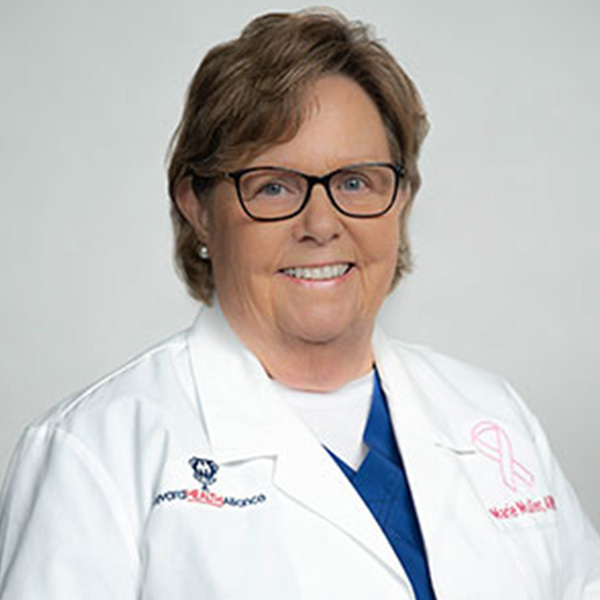American Diabetes Month
“Diabetes is costly in both human and economic terms. It’s urgent that we take swift action to effectively treat and prevent this serious disease.” – Ann Albright, Ph.D., R.D., director of CDC’s Division of Diabetes Translation
It may seem a bit ironic that directly following Halloween and leading up to Thanksgiving, America nationally addresses the issue of Diabetes. It is merely a coincidence that the month dedicated to raising awareness for diabetes falls right around America’s most food revolved holidays. November is National Diabetes Month and unfortunately one of the biggest misconceptions of the dreaded disease is that all cases are directly related to overeating and poor health.
The International Diabetes Federation released data last year that showed America with the highest rate of diabetes in the developing world. It is no secret that America struggles with obesity and health issues. And unfortunately this country is not in position for those statistics to go down any time soon. Even if you are not one of the 29 million people who suffer from diabetes in America, November is a great time to expand your knowledge about diabetes and help spread awareness.
President Barack Obama declared National Diabetes Month in 2012 to fall around the same time as World Diabetes Day, which is recognized on November 14 this year. Since then, the number of Diabetes cases have increased and one in four people with diabetes do not even know that they have it.
The American Diabetes Association’s 2016 theme for American Diabetes Month is “This Is Diabetes.” According to their website, the idea is that they will showcase real-life stories of friends, families and neighbors managing the day-to-day triumphs and challenges of the disease. The ADA has been wildly successful in both researching and promoting awareness for the disease. They have invested more than $735 million into research projects and continue to search for the best projects to fund.
Diabetes is such an issue because of the effects it has on the overall health of those living with it. For instance, people with diabetes are twice as likely to develop heart disease than someone without diabetes. It is much more than just watching what you eat and trying to exercise more. If not monitored and addressed correctly, developing complications and preventing complications only gets worse. It can begin to affect pieces of your health you would not expect. Diabetes is the leading cause of blindness in working-age adults. And without a good amount of research, the outcomes may only get worse.
Although diabetes is a massive problem that tons of Americans suffer from daily, the research done over the years has greatly improved the knowledge that we do have about diabetes and allowed us to continue to make great strides. According to the American Diabetes Association, history shows that in 1959, Solomon Berson and Rosalyn Yalow, PhD discovered a method for measuring insulin in the blood. This revelation was huge for the diabetes world because it identified two different types of diabetes, type 1 and type 2.
Type 1 (Insulin-Dependent)
This type of diabetes occurs when the body does not produce insulin, which is a hormone that the body needs to get glucose from the bloodstream into the cells of the body. Only 5% of people with diabetes have this form and it is usually diagnosed in children and young adults.
Type 2 (Non-insulin-Dependent)
If your body does not use insulin properly, your body creates insulin resistance and type 2 diabetes, or hyperglycemia occurs. This is the most common form and is treated by measuring your insulin levels and strategically planning meals and insulin doses accordingly.
If you or any of your loved ones have already been diagnosed with diabetes, join in on the fight and help to spread awareness all month long. Whether it be posting something to your social media to spread the word or joining in for a diabetes awareness event in your area, every bit of help can raise awareness to increase research and fight diabetes.
Here is the link to join in on community walks sponsored by the American Diabetes Association. If you do not see one near you and you still want to participate, start your own! You can become a volunteer walk coordinator and be responsible for setting up the event. The goal for each community walk is $2900 in honor of the 29 million Americans living with diabetes. Every dollar counts! There are tons of online tools that can be found on their website. The option to just donate to the foundation is also an option if you do not have any desire to actually attend the event but still want to raise money for a great cause.

















































































































































